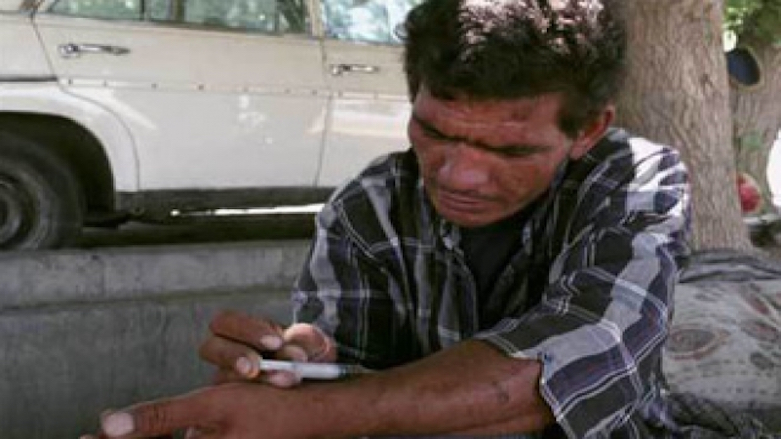Sexually transmitted HIV on the rise in Iran, Kurdistan

ERBIL, Kurdistan Region (Kurdistan24) – According to a senior Iranian Health Minister, sexually transmitted HIV is on the rise in Iran, mainly due to the taboos surrounding sex education.
Deputy Health Minister Ali Akbar Sayari said the percentage of people infected by HIV through intercourse had increased from 15 to 30 percent over the past decade.
However, Sayari added that officials cannot openly discuss this matter in a conservative society.
Not only is the importance of using preventative measures not discussed but condoms are not readily accessible in Iran either.
In an attempt to boost birth rates in the country, Iran passed laws restricting the use of contraceptives.
On the other hand, drug addiction, the second cause of death after traffic accidents in Iran, is a common reason for contracting HIV.
The most common cause of HIV infection in Iran is reportedly from sharing needles, and the second is having unprotected sex.
According to official statistics, 30,000 Iranians are affected by the virus, but health professionals say the real number is closer to 300,000.
The epidemic was delayed but eventually arrived in Iranian Kurdistan (Rojhelat). Moreover, the first locally spread HIV infection was identified in Sina (Sanandaj) in 1988.
Health professionals and activists have warned that drug addiction is rising in Rojhelat.
Currently, the province of Kermanshah, known as Kermashan among Kurds, has the highest rate of substance abuse and HIV in Rojhelat.
Government statistics confirm that 3,559 HIV cases have been identified in Kermashan.
Unofficial statistics, however, report that about 10,000 people in the province are infected, making up 11 percent of the entire country.
In Kermashan, 90 percent of the HIV-infected individuals are male, and 10 percent are female.
In Kurdistan Province 530 cases are reported, in West Azerbaijan 342, and in Ilam 117.
Dr. Arash Alaei, clinical associate professor at the State University of New York, Department of Health Policy, Management and Behavior, told Kurdistan24 that because speaking about sexuality is a taboo, it has created an otherwise preventable connection between HIV and sex.
Originally from Kermashan, Dr. Alaei is internationally recognized for his extensive work on health and human rights.
“As a part of modernization, opium was replaced by heroin and, after the 1979 revolution in Iran, substance abuse dramatically increased,” Alaei said.
“But, no comprehensive scientific research has explained what the roots are,” he added.
Experts believe unemployment and economic deprivations increase the chances of substance abuse and the consequently contracted HIV.
Editing by Karzan Sulaivany
